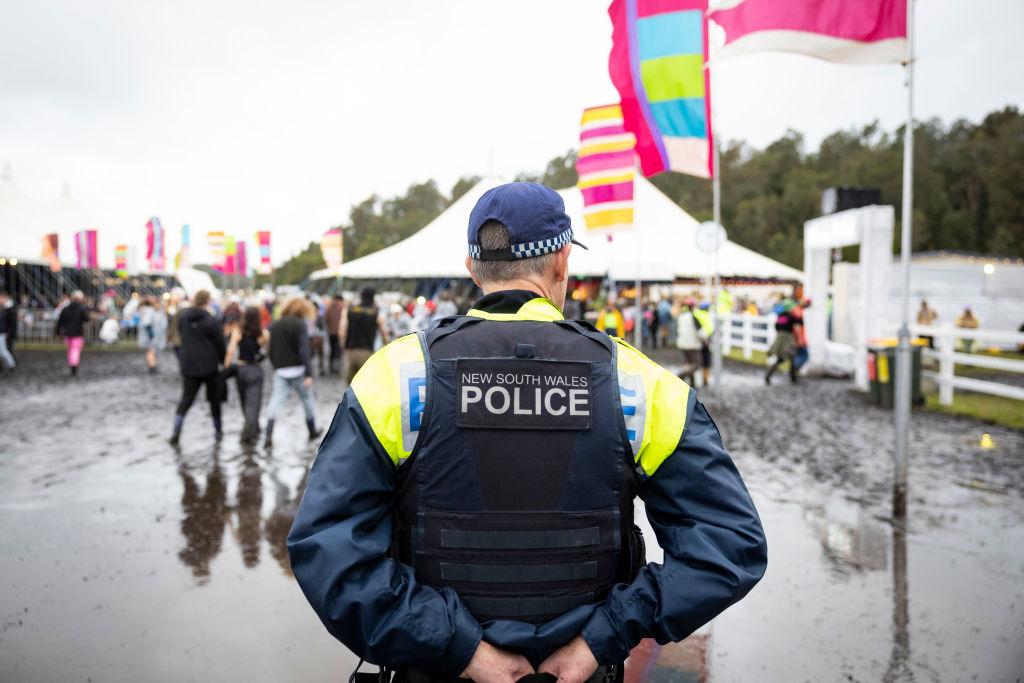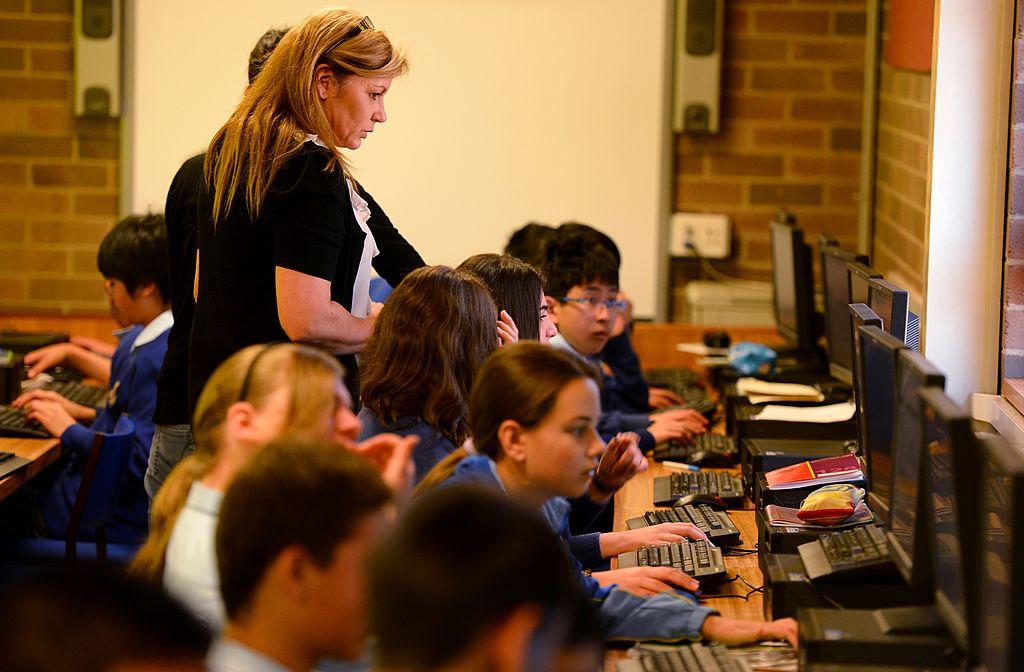About 591 Queenslanders have commenced the voluntary assisted dying (VAD) process, and 245 terminally ill people have died from a VAD substance since it became legal in Queensland in January, according to the first annual report released on Sept. 26.
Queensland’s VAD eligibility criteria outlined that people must have an illness or medical condition expected to cause death within 12 months, which is broader than other states’ six-month eligibility criteria.





